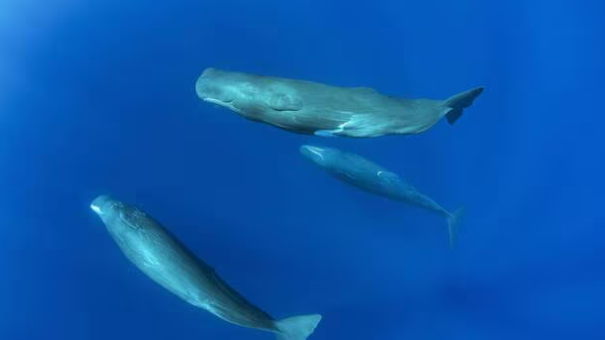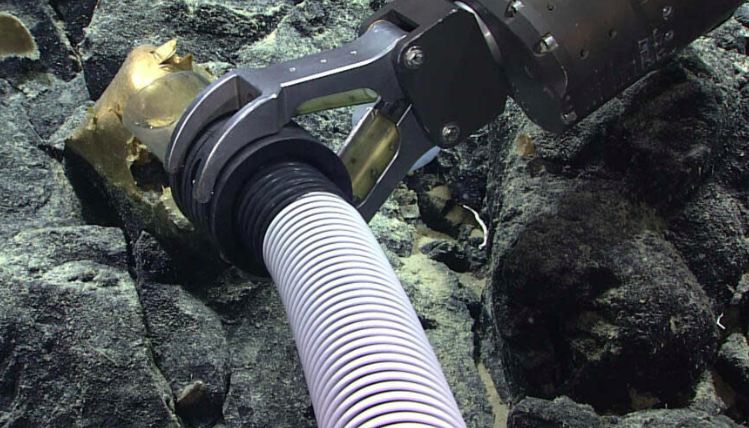On Tuesday, March 4, the administrative court of Fort-de-France urgently suspended a seismic research campaign set to take place in protected marine areas of the Caribbean, as it was deemed likely to cause irreversible harm to protected species such as the humpback whale and sperm whale.
The seismic studies, initiated by the French Institute for Research and Exploitation of the Sea (Ifremer), were scheduled to occur between March and April, particularly within the Agoa Sanctuary, a highly frequented protected marine area where cetaceans give birth to their young at this time of year, as noted by the court in its statement.
Study of Tectonic Movements
The Prefect of Martinique had authorized an Ifremer vessel to conduct studies off the islands of Saint Martin, Saint Barthélemy, Guadeloupe, and Martinique in order to examine tectonic plate movements in the subduction zone of the Lesser Antilles. The scientists planned to take several rock samples using dredging equipment on the seafloor and create seismic profiles through acoustic measurements.
At the end of February, several environmental protection associations in the Caribbean condemned the campaign, raising concerns about the harmful methods for marine mammals and the negative impact on the ecosystem. These associations launched an online petition, which garnered more than 3,400 signatures on Change.org, and filed an urgent appeal with the administrative court.
Low Frequencies Affecting Marine Mammals
The judge highlighted that the devices used to create seismic profiles emit low frequencies, which overlap with those used by marine mammals, and exceed harmful thresholds. As a result, these frequencies could trigger behavioral reactions in cetaceans, especially the disruption of mother-offspring bonds.
These devices could also cause physiological damage to hearing and other organs, some of which could be lethal, the judge observed. The seismic research campaign was deemed likely to cause severe and irreversible effects on the balance and conservation of protected cetacean species, the court concluded.
Source: le Marin



